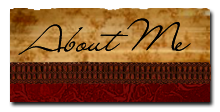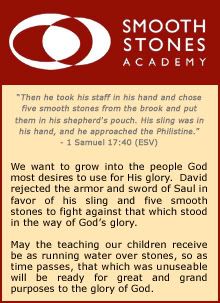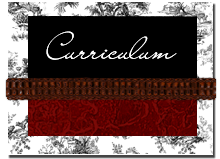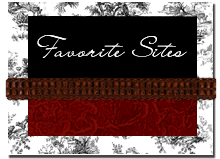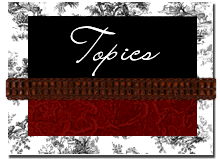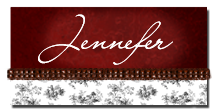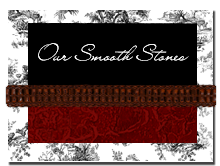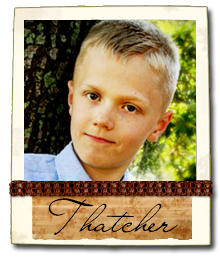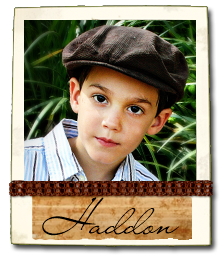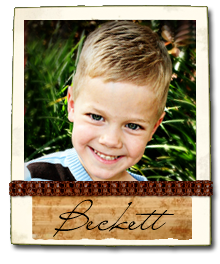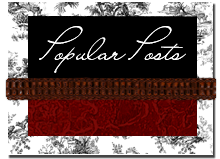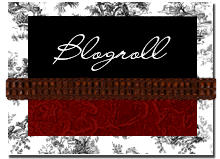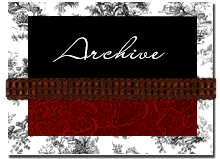
This is the second post in this series. You can read Part One: Deciding if it's Right for Your Family first if it would be helpful for you.
Once a family has made the decision to homeschool most assume the next step in the journey is deciding what materials they will use to educate their children. This is important to be sure but there is yet something that precedes this. First you need to determine your educational approach - the philosophy/methodology by which you will filter all other decisions. This first step and the next (this is when you choose what materials you will use) are typically the most time consuming of all.
Before you decide the "What?" (curriculum choices) of your school you should decide the "Why?" and that "Why?" will largely determine the "How?" Will you follow a Classical approach? Charlotte Mason? Unschooling? Textbook/Traditional Method? Eclectic? Unit studies? Waldorf? Montessori? Will you use an online school? An umbrella school? There are other options as well.
Skipping this step can be a bit like preparing for a long trip not exactly sure where you are going and no map to guide your way. You probably have a pretty good notion of where you would like to go? Do you like hiking in the mountains or laying on the beach? A busy trip to an historic city or a more peaceful time browsing art museums? And if you are not exactly sure where you want to go, what do you pack? How do you prepare? How do you get the most out of your time if you spend much of each day planning the next? And with no map, you don't know the specifics of HOW you will even get there. You may get to your final destination...or not. And if you do, it won't be because you were efficient in the journey, unless you are insanely lucky. ;) No one would ever plan a trip like that. And no one should start (or get very far) on a homeschool journey without deciding where they want to go and the best vehicle (educational method) to get them there.
What you decide about which educational approach you will adopt is influenced by many factors which can include (but is not limited to):
- how you feel children best learn
- how you feel about the education you received
- your ultimate goals for homeschooling
- your personality: type A or laid back?
- your child's learning style and personality
- what you can commit as a teacher: Will you work while homeschooling? Do you have any health issues that may limit your role? Any mental health concerns?
- other family factors: large family? small family? special needs child(ren) who will require large amounts of time and/or attention?
- budget
Now let me pause here and say that I have an education degree and I never, ever learned about different educational methodologies. Kids learn one way in most public schools - textbooks/traditional. There was no need to teach us about other ideologies we wouldn't be able to implement anyway. When I made the decision to homeschool and started hearing all these terms I was completely overwhelmed. It was akin to learning another language. And the more I read, the more words were thrown at me. If you are already feeling like I was, just breathe. Seriously, it will get better soon. :)

So, where do you go from here? It depends on your level of overwhelmedness (*giggle*) at this moment and how much time you have before starting to homeschool. You can read this short article (or just google "homeschool methods" for tons of other links) for a quick overview. Then I would recommend Homeschooling Methods: Seasoned Advice on Learning Styles by Paul and Gena Suarez. This book shares about each method by first giving an introduction and then following up with articles from experts in that particular area. Very readable, very informative and very well done.

Next I would offer Cathy Duffy's 100 Top Picks for Homeschool Curriculum. This book also gives a brief overview of different methods but is not nearly as in depth as the prior book in this. It also begins to cross over into what the third post in this series will cover dealing with choosing your curriculum but has much that will help you get to that point. Her first five chapters are: (1) How on Earth Do I Figure Out What Curriculum to Use? (2) "Drill and Kill", "Real Books", "Delight-Directed Studies"...What's Best? (3) Putting Together Your Philosophy of Education (4) Learning Styles: How Does My Child Learn Best? (5) Who Should Learn What and When? These two books together I feel compliment each other well. If you only had time/desire to read one, I would go with 100 Top Picks.
I hope you are feeling a bit empowered. You can do this. It is overwhelming for just about everyone in the beginning. Really it is. You will look back on this someday and smile. Really!

